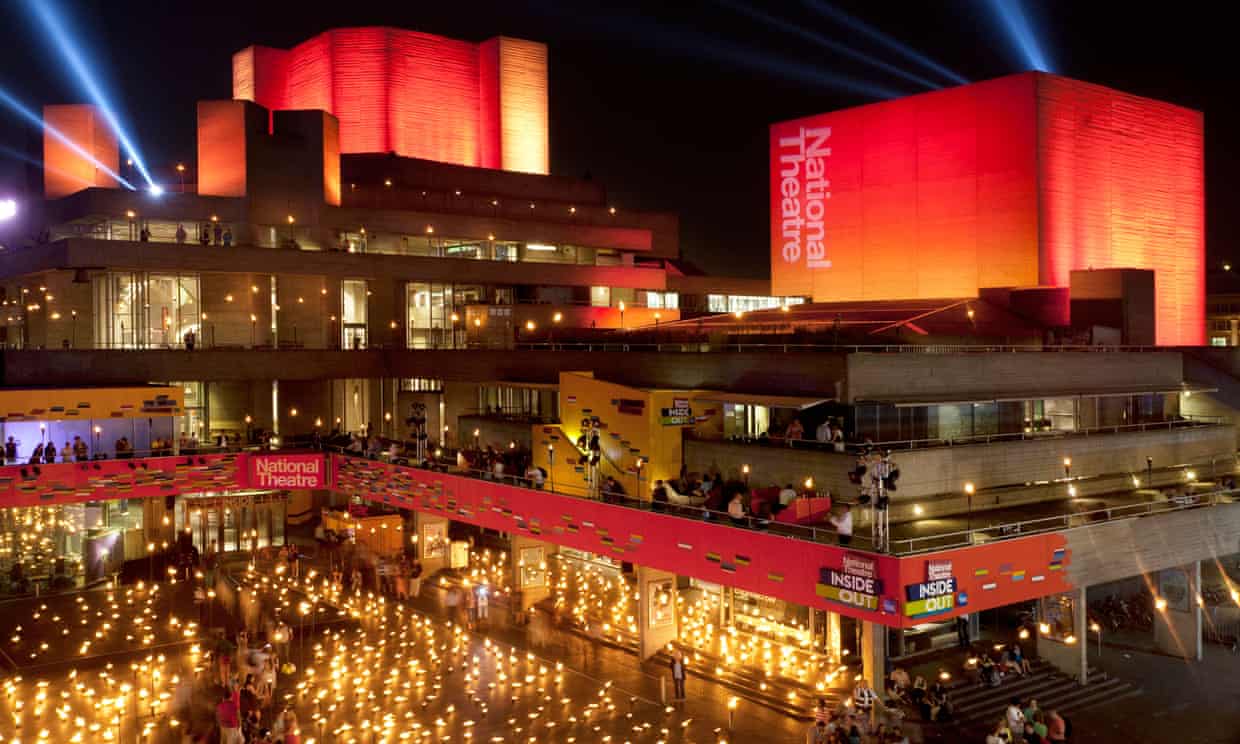Community, Leadership, Experimentation, Diversity, & Education
Pittsburgh Arts, Regional Theatre, New Work, Producing, Copyright, Labor Unions,
New Products, Coping Skills, J-O-Bs...
Theatre industry news, University & School of Drama Announcements, plus occasional course support for
Carnegie Mellon School of Drama Faculty, Staff, Students, and Alumni.
CMU School of Drama
Wednesday, February 01, 2017
The National Theatre's new season is a staggering dereliction of duty
Stage | The Guardian: David Hare has made the headlines with a damning attack on “director’s theatre”. I have some sympathy with Hare’s argument. But I have a rather different, more urgent anxiety. It is not so much that classic drama is being hijacked by concept-crazed directors: it is that, with the exception of Shakespeare, it is gradually disappearing from the national repertory altogether.
Subscribe to:
Post Comments (Atom)

2 comments:
I definitely see the author's point here, that classical theatre becoming less common is indicative of a larger problem in America among audiences, historians, directors and designers, and to a point I agree with him. Losing touch with history always has consequences (the mention of Trump is apt) and reps focusing solely on new or flashy work disregards lessons our ancestors learned so we don't have to make the same mistakes. However I think the author is misreading the typical American audience. Hamilton (over mentioned, I know) is a good example of how historical themes and morals can still live and be attractive on stage, albeit without classical roots. And when Emma Rice tried new concepts and designs at the Globe, she was fired while critics asked "is the Globe a theatre or a historical reenactment site?". I think it's a great point that classical theatre stills matters greatly for viewers and makers, but Billington is pushing a little too hard.
I find it interesting that doing “classic” theatre in a lot of situations becomes a byword for doing theatre written by dead white guys. While I understand and empathise with the author’s main point about not severing our connections to the theatrical past, I think we should not limit our definition of classic theatre to white, male writers or even to European and Western countries. It is not as though women and people of color magically began writing in the twenty-first century, although their writing has become (thankfully) much more visible. Although I believe it should be read and studied, I also struggle to completely understand our need to keep producing classic theatre just for the sake of it being classic. If it is relevant or can be reframed to be so by an imaginative artistic team than I am all for it but I am frankly more interested in making good and relevant theatre than whether it is a new work or a classic reimagined or done exactly as intended.
Post a Comment